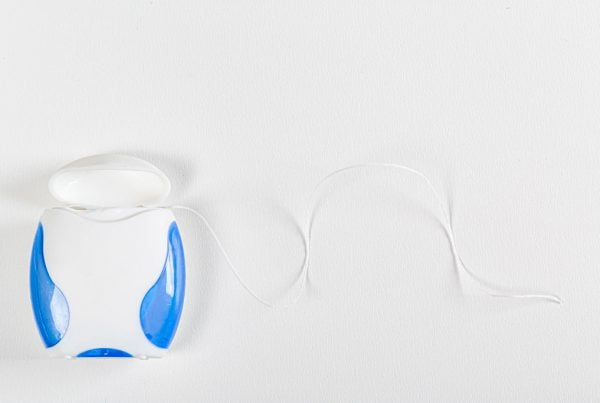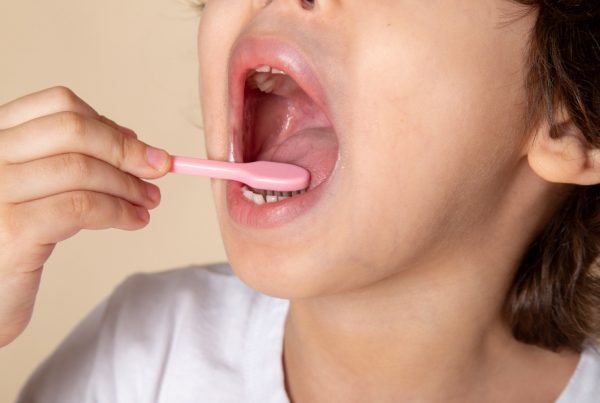Pregnancy is a unique time filled with joy and challenges—including those related to oral health. Healthy teeth and gums are important not only for the mother’s comfort but also for the proper development of the baby. Hormonal changes in a woman’s body can contribute to dental problems, such as increased tooth sensitivity, which is why it’s essential to know how to care for your teeth during this special period.
How does pregnancy affect oral health?
Hormonal changes and oral health
During pregnancy, rising levels of progesterone and estrogen can affect the gums, oral mucosa, and teeth. These hormonal fluctuations make it easier for inflammation and bacterial growth to occur in the mouth. That’s why maintaining proper oral hygiene before, during, and after pregnancy is crucial.
1. Increased gum sensitivity and inflammation
Hormonal changes cause the gums to become more vascularized, making them prone to swelling, redness, and bleeding. Untreated gingivitis can lead to periodontitis, which requires dental intervention.
2. Hormonal influence on oral bacteria
Pregnancy-related changes can make the oral environment more favorable for bacteria that cause plaque, cavities, and gum disease—even with proper hygiene routines. This means pregnant women must be extra diligent about oral care.
3. Pregnancy tumors (pyogenic granulomas)
Some women may develop noncancerous gum growths, especially in the second trimester. These typically disappear after childbirth, but in some cases, they may require removal.
4. Increased risk of cavities
Factors increasing the risk of tooth decay during pregnancy include:
- Changes in saliva composition, which reduce its natural protective functions.
- Morning sickness and vomiting, which expose the enamel to stomach acids.
- Frequent snacking, especially on sugary or starchy foods.
5. Impact on jawbone and tooth stability
Calcium metabolism may be affected during pregnancy. If calcium intake is insufficient, the body may draw it from bones, potentially weakening the jawbone and causing loose or even lost teeth.
6. Potential effects on the baby
Untreated gum inflammation can increase the risk of premature birth and low birth weight. Inflammatory mediators from the mouth may reach the bloodstream and affect fetal development.
Best oral hygiene practices during pregnancy
1. Brush regularly with fluoride toothpaste
Brush your teeth twice a day with a soft-bristled toothbrush and fluoride toothpaste to protect your enamel and gums.
2. Floss daily
Use dental floss or a water flosser to clean between the teeth. Choose pregnancy-safe toothpastes that strengthen enamel or gently whiten.
3. Use alcohol-free mouthwash
Use fluoride mouthwash or chamomile tea rinses to soothe irritated gums and protect against cavities.
4. Be cautious after vomiting
Rinse your mouth with a baking soda solution (1 tsp in a glass of water) after vomiting to neutralize acids. Wait at least 30 minutes before brushing your teeth.
5. Maintain a balanced diet
Eat foods rich in:
- Calcium: milk, yogurt, cheese, almonds
- Vitamin D: salmon, eggs, dairy
- Magnesium: seeds, nuts
- Phosphorus: meat, fish, whole grains
- Vitamin C: citrus fruits, peppers, strawberries
- Iron: spinach, red meat, legumes
- Zinc: seafood, pumpkin seeds, beans
Limit sugar and sweet drinks. Choose healthy snacks like nuts, yogurt, and low-sugar fruits (e.g., blueberries, raspberries).
6. Visit your dentist regularly
Schedule at least one dental check-up during pregnancy—ideally during the second trimester, when most treatments are safest. Procedures like tartar removal or cavity fillings are generally safe and help prevent more serious issues.
7. Avoid harmful habits
Don’t ignore toothaches, bleeding gums, or enamel damage. Avoid using your teeth to open packages or chew hard objects.
Why dental check-ups are essential during pregnancy
Routine dental visits help detect inflammation, decay, or enamel erosion early. Gum disease in pregnancy can contribute to serious complications, including preterm labor. Additionally, morning sickness and dietary changes may damage teeth, making professional support vital.
Dentists can also provide tailored advice on brushing, flossing, and using safe rinses. Most common dental procedures can be performed safely during the second trimester.
Summary: oral care during pregnancy
Taking care of your teeth during pregnancy supports both your own health and that of your baby. Proper hygiene, a nutrient-rich diet, and regular dental visits are key. Healthy teeth for the mother mean a healthier start for the child. When in doubt, consult your dentist for the best care plan during pregnancy.






